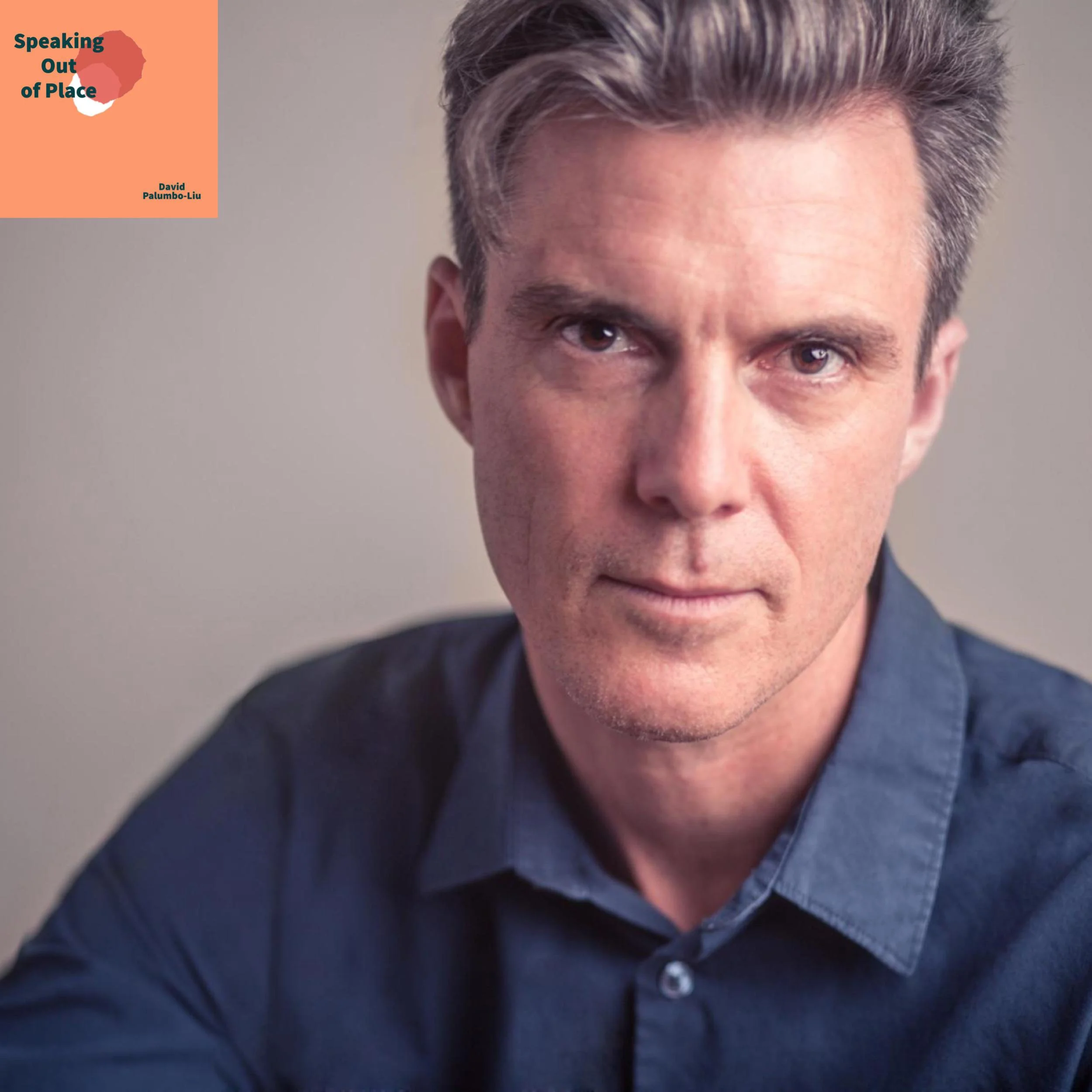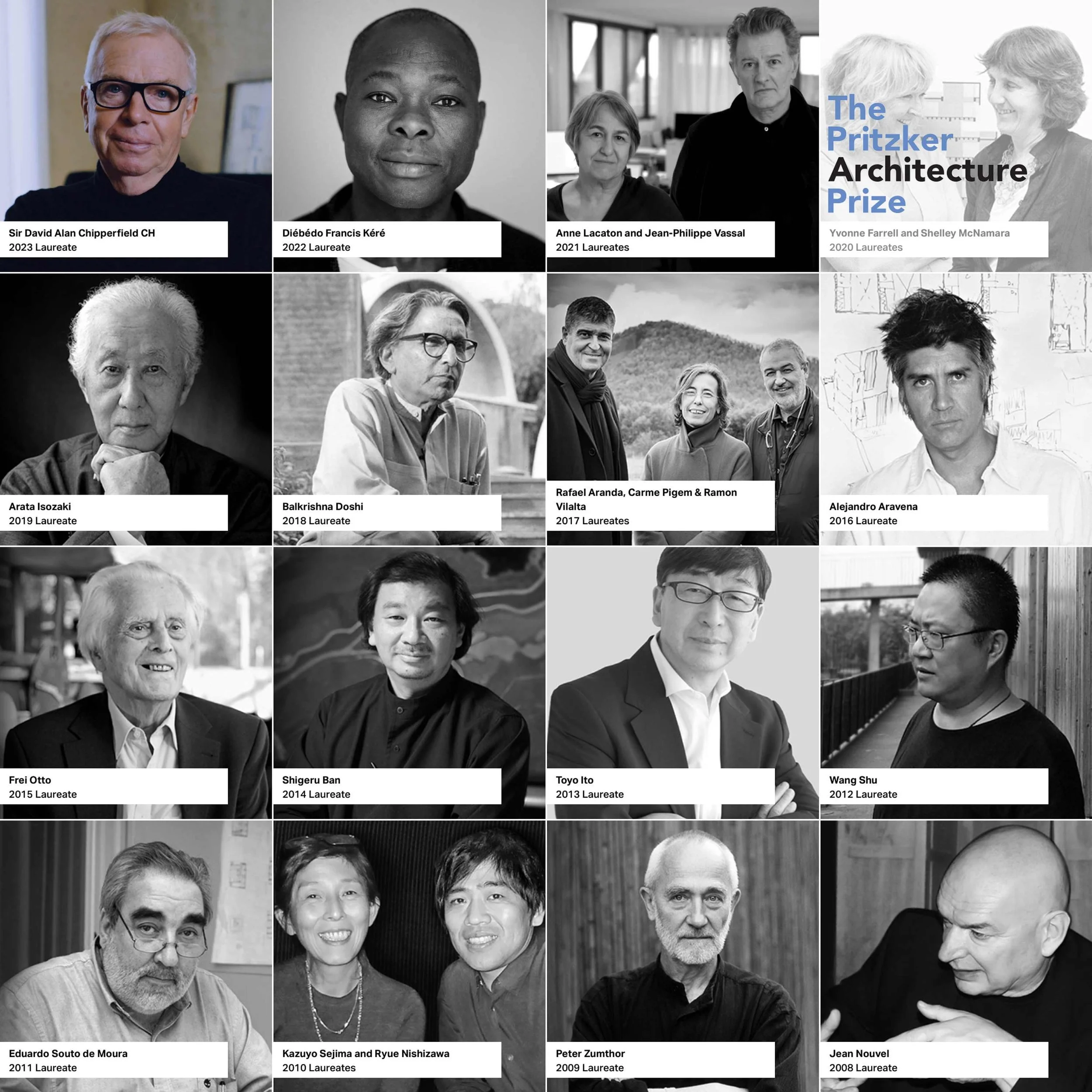Henry Charles Lea Professor of the History of Science & Affiliated Professor · Earth & Planetary Sciences · Harvard University
Co-author of The Big Myth: How American Business Taught Us to Loathe Government & Love the Free Market
I think the word consortium is a good word. It's not a conspiracy, although at times it takes on conspiratorial elements, but it's a kind of network or consortium of people who are working over a very long period of time, going back to the early 20th century to build an ideology that basically says we should trust the marketplace. That markets are not merely an efficient way of developing and delivering goods and services, but that they're actually playing a crucial role in protecting political freedom, protecting political democracy, and they build that story in order to persuade people that government regulation of the marketplace, whether it's to protect workers, consumers, or the environment - even though it might seem attractive superficially - what they're saying is: yeah, but don't be fooled by that because it will actually undermine freedom and democracy. And it's a very clever move because it takes what is initially a self-interested defense of the prerogatives of the privileged, the prerogatives of the captains of industry, and turns it into a seemingly virtuous defense of democracy. And, of course, who wouldn't want to defend democracy?



















